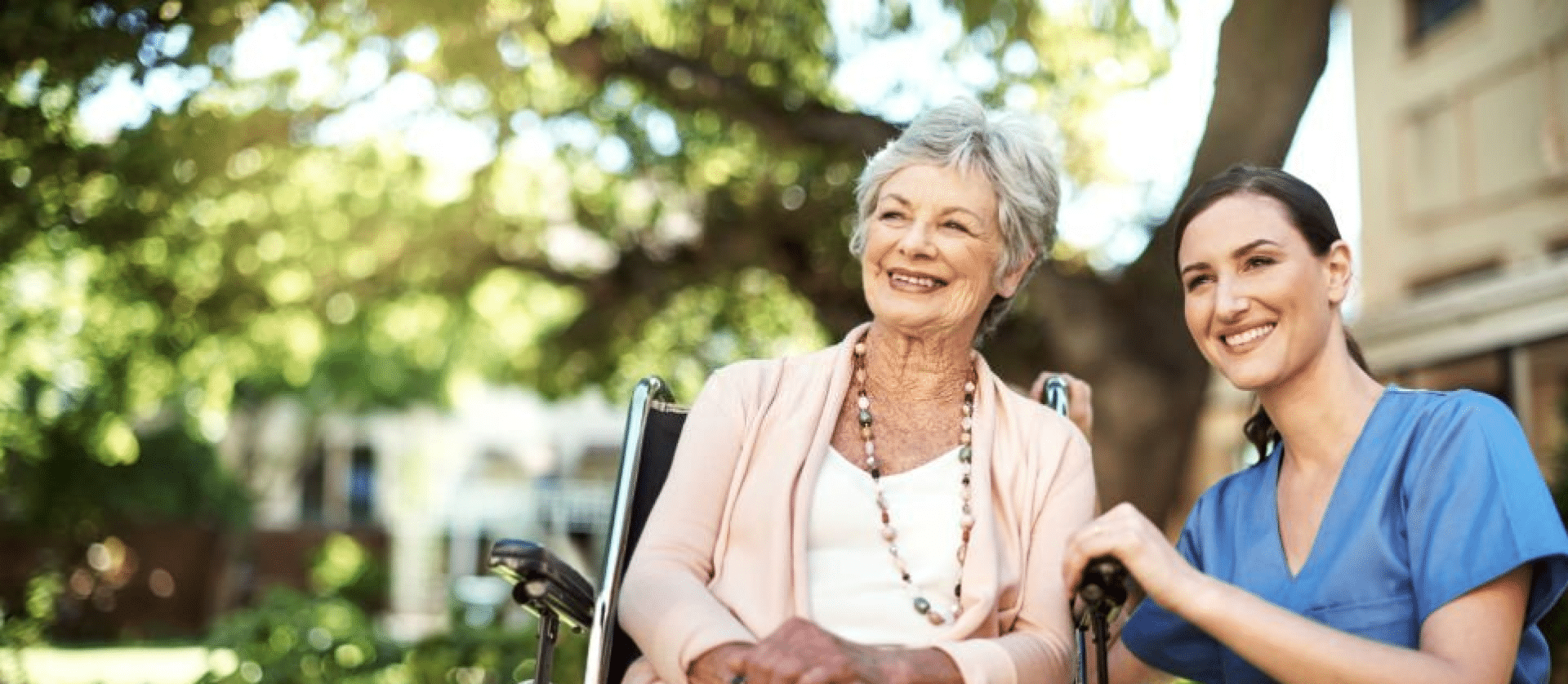Having to admit a loved one to a nursing home can be one of the toughest decisions family members make. But it’s often worth it when you know they can get all the care that they need. Unfortunately, at a time like with a global pandemic called Covid19 changing everything, that tough but right decision may seem regrettable.
Covid19 has caused leaders and government to make drastic moves to save lives. The lockdown and restrictions on places of business, movement, and so on are preventive measures that present almost more harm than good. They are like a necessary evil. Yet, at the end of all of this are the seniors and elderly who have likely been hit worst of all by the effects of the pandemic.
In this two-part article, we will discuss the toll of COVID19 on seniors stranded in nursing homes and care facilities. While the rest of the world is making room for everyone else’s suffering, it’s vital to remember what this pandemic has cost the elderly population and how we can help.
Example- The impact of Covid19 on the elderly in nursing homes.
James’ wife Margaret was admitted into a nursing home following her diagnosis and decline with Alzheimer’s disease. James is 70 years old while his wife Margaret is 67. Almost every day since she moved to a nursing home, James came to be with his wife. His presence made Margaret calmer and happier. James worried that he had so little time with her because as the decline progressed he knew she won’t remember exactly who he was soon enough.
Determined to make each moment count with Margaret he stuck by her side, and just when he thought things were looking better, the pandemic hit and lockdown protocols were initiated in nursing homes and elderly care facilities across countries. Now James had to settle for speaking to his wife through an IPad or hanging around outside her window. The first few months went well but Margaret’s health suddenly took a turn for the worst and James now sees how she’s losing weight and takes some time to remember who he is. He struggles to hold back tears with every visit or call. Margaret may be slipping away, and there looks to be no relief from the pandemic in sight as far as the older population in care facilities is concerned.
What studies say about the impact of covid19 on the elderly…?
At the peak of the coronavirus research made it clear that those at the highest risk for infection and death from the virus were the elderly over 60 years and people with health conditions. During this time some countries tried to protect the old and vulnerable in long-term care facilities by offering assistance and transferring some patients. Still, several deaths and infections from the disease were recorded, and even now the assistance to care facilities is almost completely absent.
What the impact of covid19
means for the elderly in long-term care facilities
Isolation and Loneliness–
Loneliness is one issue more than half of the population of seniors has had to deal with in their last years. As they grow older, many seniors hardly have any visitors or loved ones around to show care and concern. However, with the effects of the pandemic, both these seniors and others who still keep a connection to their loved ones have had to face heightened states of loneliness and isolation. Many facilities only allow loved ones to reach out via voice and video calls while others allow socially distanced visits such as standing outside the door or window of the facility to see your loved one. Despite these attempts to help seniors feel less alone, the lack of physical touch and close communication constantly reminds seniors that they are stranded and alone at their long-term care facilities.

Even within the facilities, seniors are losing their friends. Having to give up shared meals, fun activities, and stay at least six feet apart from each other aggravates the feelings of isolation more.
The situation gets worse for people like Margaret, who are already suffering from a health condition. In the same way, James saw the terrible decline in his wife’s health, so many families have experienced the same heart-wrenching situation too.
Fear–
Isolation and loneliness are only a part of the effects of COVID19 on the elderly in nursing homes. These together with other issues like fear contribute to undermining the physical and mental health of the elderly. These vulnerable adults experience fears of contracting the virus, never seeing their loved ones again, getting worse with their health conditions, or being forgotten. Some fear dying alone and don’t know what to do about their fears.
Lack of structure and sufficient help–
Some months into the pandemic, various nursing homes closed their doors and left patients stranded. Many families had to desperately search for other care facilities willing to take their loved ones in. But just as some facilities closed, so did others refuse to take in anyone new for fear of the virus. This led to a lack of structure for many elderly.
Insufficient help in the form of equipment, testing, and staffing has also made it difficult for nursing homes to offer the best support and care needed by their patients. With other facilities across the world reopening, long-term care facilities are yet to be considered, and families worry that this lack of urgency might cause too much loss in the end.

